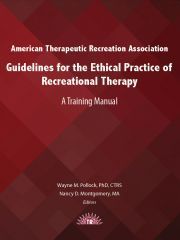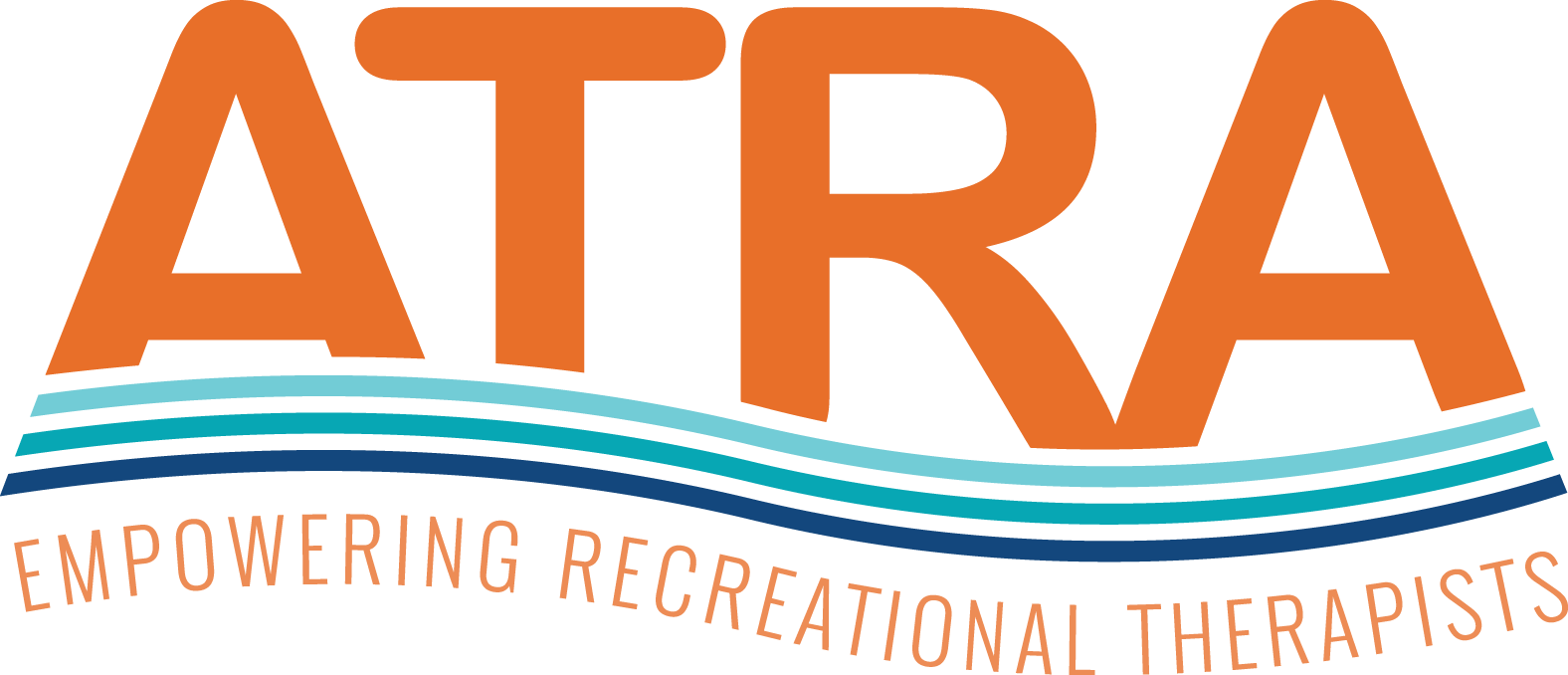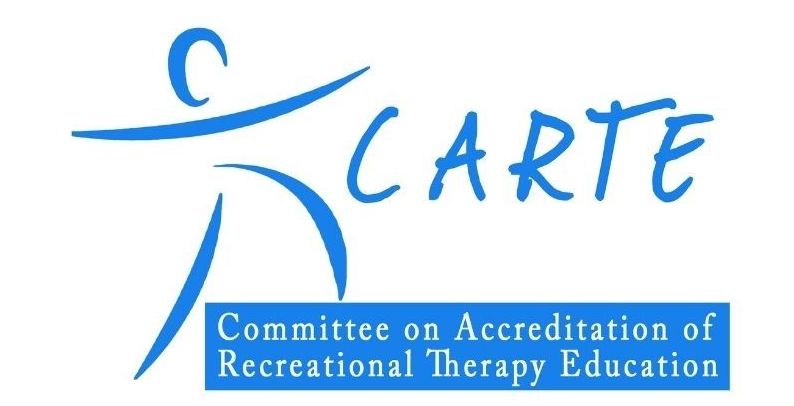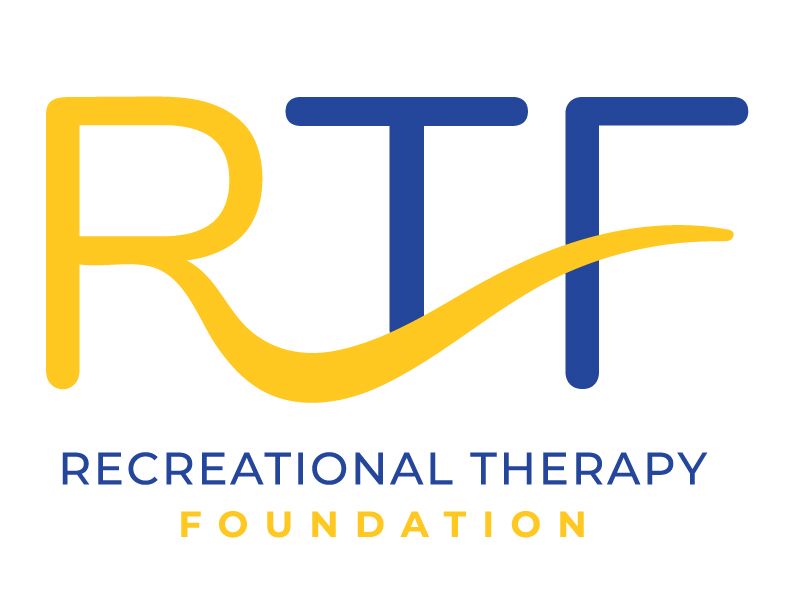Code of Ethics
The American Therapeutic Recreation Association’s Code of Ethics is to be used as a guide for promoting and maintaining the highest standards of ethical behavior. The Code applies to all Recreational Therapy personnel. The term Recreational Therapy personnel includes Certified Therapeutic Recreation Specialists (CTRS), recreational therapy assistants and recreational therapy students. Acceptance of membership in the American Therapeutic Recreation Association commits a member to adherence to these principles.
PRINCIPLE 1: BENEFICENCE
Recreational Therapy personnel shall treat persons served in an ethical manner by actively making efforts to provide for their well-being by maximizing possible benefits and relieving, lessening, or minimizing possible harm.
PRINCIPLE 2: NON-MALEFICENCE
Recreational Therapy personnel have an obligation to use their knowledge, skills, abilities, and judgment to help persons while respecting their decisions and protecting them from harm.
PRINCIPLE 3: AUTONOMY
Recreational Therapy personnel have a duty to preserve and protect the right of each individual to make his/her own choices. Each individual is to be given the opportunity to determine his/her own course of action in accordance with a plan freely chosen. In the case of individuals who are unable to exercise autonomy with regard to their care, recreational therapy personnel have the duty to respect the decisions of their qualified legal representative.
PRINCIPLE 4: JUSTICE
Recreational Therapy personnel are responsible for ensuring that individuals are served fairly and that there is equity in the distribution of services. Individuals should receive services without regard to race, color, creed, gender, sexual orientation, age, disease/disability, social and financial status.
PRINCIPLE 5: FIDELITY
Recreational Therapy personnel have an obligation, first and foremost, to be loyal, faithful, and meet commitments made to persons receiving services. In addition, Recreational Therapy personnel have a secondary obligation to colleagues, agencies, and the profession.
PRINCIPLE 6: VERACITY
Recreational Therapy personnel shall be truthful and honest. Deception, by being dishonest or omitting what is true, should always be avoided.
PRINCIPLE 7: INFORMED CONSENT
Recreational Therapy personnel should provide services characterized by mutual respect and shared decision making. These personnel are responsible for providing each individual receiving service with information regarding the services, benefits, outcomes, length of treatment, expected activities, risk and limitations, including the professional’s training and credentials. Informed consent is obtained when information needed to make a reasoned decision is provided by the professional to competent persons seeking services who then decide whether or not to accept the treatment.
PRINCIPLE 8: CONFIDENTIALITY & PRIVACY
Recreational Therapy personnel have a duty to disclose all relevant information to persons seeking services: they also have a corresponding duty not to disclose private information to third parties. If a situation arises that requires disclosure of confidential information about an individual (ie: to protect the individual’s welfare or the interest of others) the professional has the responsibility to inform the individual served of the circumstances.
PRINCIPLE 9: COMPETENCE
Recreational Therapy personnel have the responsibility to maintain and improve their knowledge related to the profession and demonstrate current, competent practice to persons served. In addition, personnel have an obligation to maintain their credential.
PRINCIPLE 10: COMPLIANCE WITH LAWS AND REGULATIONS
Recreational Therapy personnel are responsible for complying with local, state and federal laws, regulations and ATRA policies governing the profession of Recreational Therapy.
Revised by the ATRA Board of Directors | July 2009
Want to Learn More
About Ethical Practice?

ATRA’s Guidelines for the Ethical Practice of Recreational Therapy: A Training Manual takes the sometimes abstract concepts of ethics and makes them practical and useful for recreational therapists and students in everyday practice.




